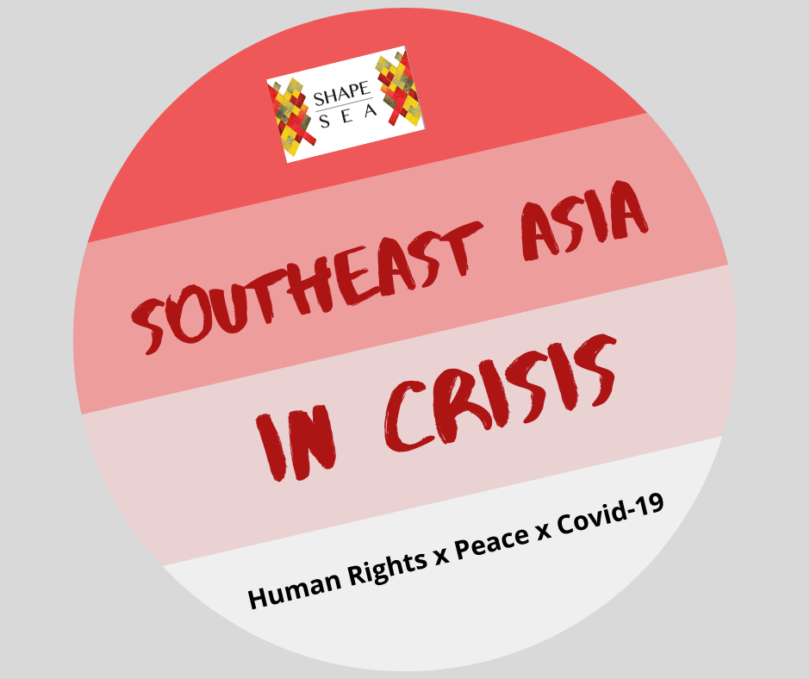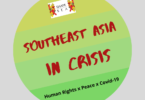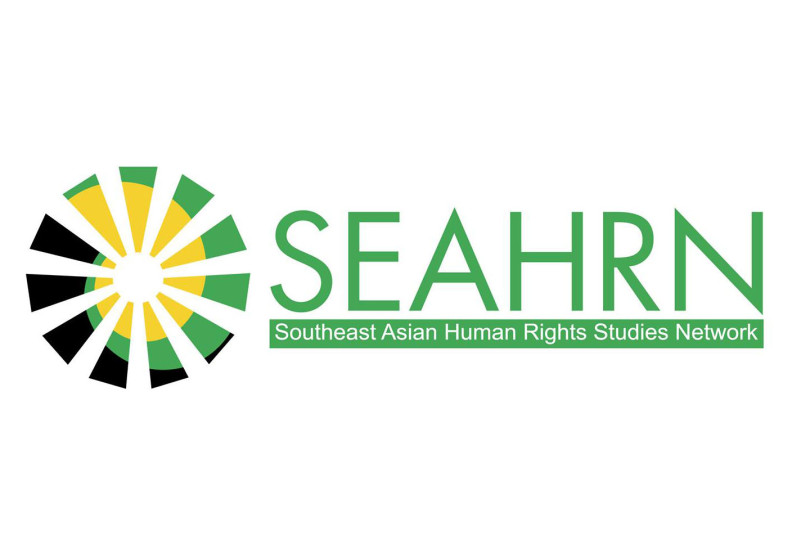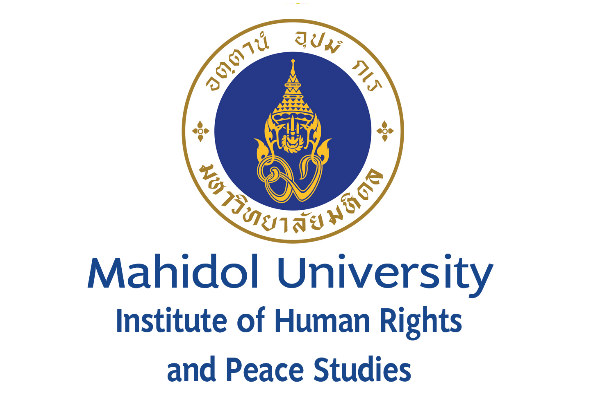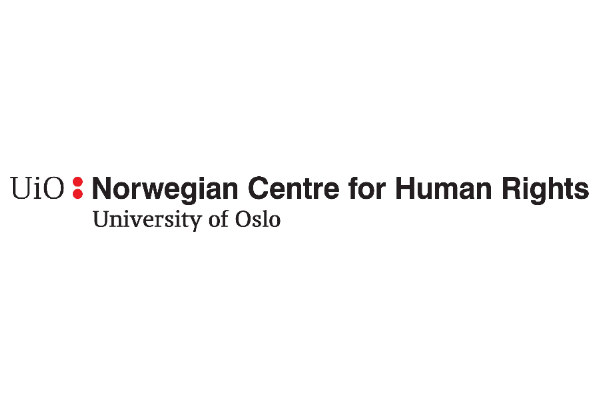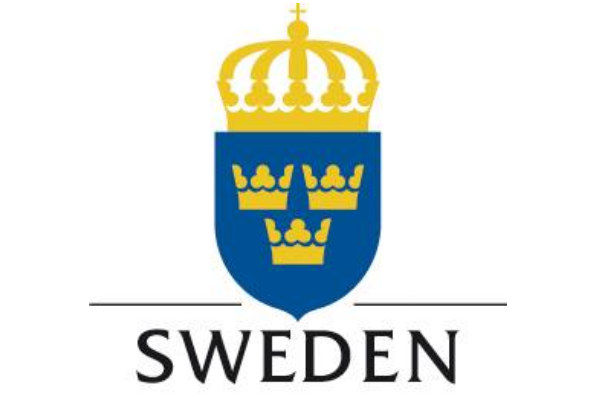Sarah Salsabila
Student of Law, Universitas Islam Indonesia
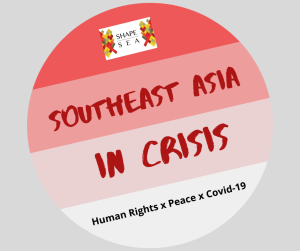 COVID-19 is an infectious disease caused by the most recently discovered coronavirus. This new virus and disease were unknown before the outbreak began in Wuhan, China, in December 2019 (WHO, 2020). However, since the coronavirus was reported in Wuhan, the Central Government in Indonesia has not taken preventive measures such as giving a call for public, issuing policies, or preparing lockdown policies. It is precisely the Government that keeps allowing foreign citizens at that time to enter Indonesia’s territory.
COVID-19 is an infectious disease caused by the most recently discovered coronavirus. This new virus and disease were unknown before the outbreak began in Wuhan, China, in December 2019 (WHO, 2020). However, since the coronavirus was reported in Wuhan, the Central Government in Indonesia has not taken preventive measures such as giving a call for public, issuing policies, or preparing lockdown policies. It is precisely the Government that keeps allowing foreign citizens at that time to enter Indonesia’s territory.
As a result of the “negligence” of the Central Government in preventing and preparing all matters relating to COVID-19, trouble began onto medical personnel who were not ready to treat COVID-19 patients. In fact, the number of Personal Protective Equipment (PPE) that must be used by medical personnel and by ordinary people remains insufficiently poor when the Government prepares the equipment. The sudden surge in the number of COVID-19 patients in Indonesia that since 16 March 2020 rose to 134 cases surprised the Government when the public went into frantic panic buying (The Jakarta Post, March 16, 2020). The public bought many PPE that should have been prioritized for medical personnel; and thus, many referral hospitals prepared by the Government for handling the COVID-19 patients ran out of PPE that comply with World Health Organization (WHO) standards.
Many of the medical workers have worn makeshift personal protective gear, including raincoats, instead of hazmat suits. Medical worker associations in the country have threatened to stop treating COVID-19 patients if the government does not ensure the availability of protective health gear amid the shortage of such equipment. And the warning was stipulated in a joint statement issued on Friday by several medical worker associations, including the Indonesian Medical Association (IDI), the Indonesian Dentist Association (PDGI) and the Indonesian Nurses Association (PPNI) (The Jakarta Post, March 23, 2020).
Deputy Chairman of the Indonesian Doctors Association, Mohamad Adib Khumaidi, said demands for the protection of health workers rolled after seven doctors died of infections, fatigues due to heart attacks (Koran Tempo, March 25, 2020). In Cirebon, West Java, Indonesia, the available gloves do not comply with proper Personal Protective Equipment (PPE) standard because they are the gloves used for toilet cleaning that do not comply with WHO standards. And one of the hospitals not only fails to provide a place for medical personnel isolation after 14 days of caring for patients but also unprepared to do quick tests to ensure every staff is safe.
Indonesia is a state of law, which means everything must be set properly into laws. Article 28 H Section 1 of the 1945 Constitution of the Republic of Indonesia, for instance, states that the right to health must be granted because it is a “fundamental right” for each individual. Similarly, Article 26, paragraph 2 of Law no. 36 of 2014 regarding Medical Personnel states that “the Leader of health service facilities as referred to in paragraph (1) and/or district heads in charge of Health Service Facilities must consider in fulfilling the needs of clothing, food, shelter, and location, as well as the safety of Health Workers following statutory provisions. ”
At the level of regulation, the rights to healthy living (right to health, right to health care, right to protection health right), are included in human rights mentioned in various international instruments and national instruments formulated in multiple forms. As a consequence, first, the State formulates that the right to live healthily is an individual’s right (individual rights), and second, the State establishes its obligation to fulfill the right to a healthy life of the community.
Based on the data and the Law above, the Government has not fulfilled the rights of medical personnel and Government obligations to guarantee the protection of the health and safety of medical personnel. There must be a set of working hours, an increase in the number of referral hospitals, the fulfillment of the primary needs of each health worker, the provision of PPE, and determination of the priority for provision of PPE to take precedence over the offering of incentives (although the latter is also necessary). The Government’s plan to provide additional IRD 10 million (USD 601) for medical personnel and IRD 7.5 million (USD 450) for nurses is not worthy of such very high occupational risks. The Government cannot let medical workers unprotected in handling a transmissible pandemic, especially since there is no vaccine. Although it is evident in the regulations that the Government, especially the Regional Head, is also responsible for meeting the health and safety needs of the health workers.
The Government must also guarantee that these workers are fully protected from the coronavirus infection by providing standardized equipment before serving the patients and getting rapid tests after carrying out their duties. This protection includes the Government’s provision of suitable isolation sites for COVID-19 medical personnel after carrying out their duties. World Health Organization (WHO), in 1948, had also emphasized that “obtaining the highest degree of health is a human right for all people” (enjoying the highest achievable health standards is one of the basic rights of every human being).
At present, the country’s attention to health workers is still lower than optimal. Some other things the Government should be issuing as policies are the regulations on health workers’ capabilities and protection to those who treat COVID-19 patients. The Government should be fairly paying more attention to each individual in a pandemic situation like recently. The Government must be clear and firm in enforcing regulations such as not let one life (positively-confirmed patient COVID-19) be saved at the costs of another live (COVID-19 medical worker). We all hope this pandemic outbreak end soon, and everyone returns into safety.
References:
World Health Organization (WHO). (2020, March 9). Q&A on coronaviruses (COVID-19). https://www.who.int/news-room/q-a-detail/q-a-coronaviruses. (Accessed March 29, 2020).
The Jakarta Post. (2020, March 16) . Indonesia’s COVID-19 tally rises to 134 as 17 new cases reported. https://www.thejakartapost.com/news/2020/03/16/indonesias-covid-19-tally-rises-to-134-as-17-new-cases-reported.html. (Accessed March 29, 2020)
The Jakarta Post. (2020, March 28). Indonesian medical workers threaten to stop COVID-19 treatment if protective gear not provided. https://www.thejakartapost.com/news/2020/03/28/medical-workers-threaten-to-stop-covid-19-treatment-if-protective-gear-not-provided.html. (Accessed March 29, 2020)
Koran Tempo. (2020, March 25) . Prioritas Perlindungan untuk Petugas di Garis Terdepan . https://koran.tempo.co/read/laporan-utama/451275/prioritas-perlindungan-untuk-petugas-di-garis-terdepan . (Accessed March 29, 2020).
Gorbiano, M. I., & Fachriansyah, R . (2020, March 23). COVID-19: Indonesia to provide financial incentives for frontline doctors, nurses. https://www.thejakartapost.com/news/2020/03/23/covid-19-indonesia-to-provide-financial-incentives-for-frontline-doctors-nurses.html . (Accessed March 31, 2020)


